Yes, indoor plants are good for your health. They improve air quality and reduce stress levels.
Indoor plants offer numerous benefits for your physical and mental well-being. They purify the air by removing toxins and increasing oxygen levels. This can enhance concentration and productivity, making them ideal for home offices. Plants also have a calming effect, reducing stress and anxiety.
The presence of greenery boosts mood and promotes a sense of tranquility. Certain plants, like aloe vera and spider plants, are especially effective at improving indoor air quality. Incorporating indoor plants into your living space can lead to a healthier and happier environment. Caring for plants also provides a therapeutic hobby, adding to overall life satisfaction.

Credit: www.onegreenplanet.org
Introduction To Indoor Plants
Indoor plants are more than just decorative items. They bring life to your living space. These green companions offer numerous health benefits.
Brief History
Indoor plants have a long history. Ancient civilizations like Egypt and Greece grew plants indoors. They used them for food, medicine, and decoration. Over time, indoor gardening evolved.
During the Victorian era, indoor plants became popular in Europe. People decorated their homes with ferns and palms. This trend continued into the 20th century.
Popularity Surge
Today, indoor plants have surged in popularity. Millennials and Gen Z love them. Social media has played a big role. Platforms like Instagram and Pinterest showcase beautiful plant setups.
People enjoy sharing their plant collections. They exchange tips and tricks online. Indoor plants are now a part of modern home decor.
| Era | Popular Plants |
|---|---|
| Ancient Civilizations | Herbs, Medicinal Plants |
| Victorian Era | Ferns, Palms |
| Modern Times | Succulents, Fiddle Leaf Fig |
Indoor plants are not just a trend. They offer real benefits. They improve air quality and reduce stress. Bringing nature inside has never been easier.
Air Quality Improvement
Indoor plants can significantly improve indoor air quality. They act as natural filters, removing harmful pollutants and releasing fresh oxygen. This can lead to better health and well-being. Let’s explore how indoor plants improve air quality.
Natural Air Purifiers
Indoor plants are like natural air purifiers. They absorb carbon dioxide and release oxygen. This process helps to freshen the air in your home.
Some plants go a step further. They can remove toxins from the air. These toxins include formaldehyde, benzene, and trichloroethylene. Plants like the spider plant, peace lily, and snake plant are very effective.
Common Pollutants Reduced
Indoor plants can help reduce common pollutants. These pollutants can cause health issues. Below is a table showing some pollutants and the plants that reduce them.
| Pollutant | Effective Plants |
|---|---|
| Formaldehyde | Spider Plant, Boston Fern |
| Benzene | Peace Lily, English Ivy |
| Trichloroethylene | Snake Plant, Chrysanthemum |
- Formaldehyde can be found in cleaning products and furniture.
- Benzene is present in cigarette smoke and car emissions.
- Trichloroethylene is used in industrial solvents.
Using the right plants can make a big difference. They help in reducing these harmful substances. This leads to cleaner air and a healthier living space.
Mental Health Benefits
Indoor plants offer numerous mental health benefits. They can create a calming atmosphere, reduce stress, and improve overall well-being. Let’s explore how they help with stress reduction and enhance our mood.
Stress Reduction
Having indoor plants can significantly reduce stress levels. Studies have shown that being around plants lowers blood pressure. Plants provide a sense of tranquility and peace. Simply looking at greenery can calm the mind.
Engaging in activities like watering or pruning plants can be therapeutic. These simple tasks can distract from daily worries. Plants act as natural air purifiers, improving indoor air quality. Better air quality can lead to a clearer mind and less stress.
Enhanced Mood
Indoor plants can boost your mood and make you feel happier. They add a touch of nature to your living space. This connection to nature can increase feelings of happiness.
Plants can also improve concentration and productivity. This is especially beneficial for those working from home. Greenery in your environment can reduce feelings of fatigue. It can also increase your energy levels throughout the day.
Incorporating plants into your daily life can have positive effects on your mental health. You can start with small, easy-to-care-for plants. Enjoy the benefits they bring to your home and mind.
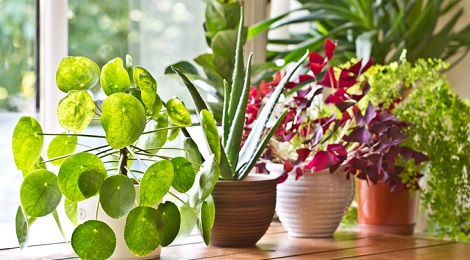
Credit: www.piedmont.org
Physical Health Advantages
Indoor plants do more than beautify your space. They offer numerous physical health benefits. Adding greenery to your home or office can improve your well-being. Let’s dive into the physical health advantages of indoor plants.
Better Respiratory Health
Plants act as natural air purifiers. They remove toxins from the air, making it cleaner. Cleaner air means better respiratory health. Plants like peace lilies and spider plants are excellent choices. They reduce indoor pollution effectively.
Plants also increase humidity. This helps to keep your respiratory tract moist. Moist airways are less likely to get irritated. This can reduce symptoms of dry cough and sore throat.
Consider adding more plants to your living space. This simple step can improve your breathing and overall health.
Boosted Immune System
Indoor plants can also boost your immune system. They release phytoncides, which are natural chemicals. Phytoncides help to reduce stress and anxiety. Lower stress levels mean a stronger immune system.
Plants also promote better sleep. Better sleep improves your body’s ability to fight off illnesses. Keeping a plant in your bedroom can be a game-changer.
Some research suggests that plants can help you recover faster from illnesses. They create a calming environment, which aids in faster recovery.
Adding indoor plants is a simple way to enhance your health. You will breathe better, feel less stressed, and stay healthier.
Productivity And Focus
Many people wonder about the benefits of indoor plants. One of the most significant advantages is the impact on productivity and focus. Indoor plants can transform your work environment, making it more conducive to concentration and efficiency.
Work Environment Enhancement
Indoor plants can significantly enhance your work environment. They add a touch of nature to your space, which can make it more inviting and comfortable. This can lead to an improved mood and a more positive outlook.
A pleasant environment can reduce stress levels. Lower stress levels can lead to better focus and higher productivity. A well-placed plant can make a world of difference.
| Plant | Benefit |
|---|---|
| Spider Plant | Improves air quality |
| Peace Lily | Reduces pollutants |
| Snake Plant | Boosts oxygen levels |
Improved Concentration
Plants can also help improve concentration. Studies have shown that being around plants can increase attention span. This is especially true in environments where people need to focus for extended periods.
Here are some ways plants help with concentration:
- They reduce mental fatigue.
- They create a calming atmosphere.
- They can reduce background noise.
A calm and quiet environment can help you concentrate better. Plants make this possible.
Try adding some indoor plants to your workspace. You might be surprised at how much your focus improves.

Credit: www.everydayhealth.com
Aesthetic And Design
Indoor plants do more than just improve air quality. They also add beauty and style to any space. Whether at home or in the workplace, plants make environments feel fresh and lively.
Home Decoration
Plants can transform any room into a cozy retreat. They add a touch of green, which can make your home feel more inviting. Some popular choices for home decoration include:
- Fiddle Leaf Fig – Large leaves and bold look.
- Snake Plant – Easy to care for and stylish.
- Peace Lily – Elegant and great for low light.
A study found that rooms with plants feel 25% more welcoming. This makes your home more comfortable for you and your guests.
Workplace Ambiance
Indoor plants can make your office more pleasant. A better ambiance can boost productivity and reduce stress. Here are some plants perfect for workplaces:
- Pothos – Low maintenance and thrives in low light.
- ZZ Plant – Hardy and can handle neglect.
- Spider Plant – Great for improving air quality.
Studies show that employees feel happier with plants around. A green workspace can lead to a 15% increase in productivity. Adding plants to your desk or office can make a big difference.
Popular Indoor Plants
Indoor plants have become an essential part of home decor. They bring aesthetic value and multiple health benefits. Let’s explore some popular indoor plants that are easy to care for and perfect for beginners.
Easy-to-care Options
These plants require minimal care and thrive in various conditions:
- Snake Plant: Known for its air-purifying qualities and hardiness.
- Pothos: Grows well in low light and needs infrequent watering.
- ZZ Plant: Tolerates neglect and low light, making it ideal for beginners.
Top Picks For Beginners
New to indoor gardening? Start with these beginner-friendly plants:
- Spider Plant: Easy to grow and helps in air purification.
- Peace Lily: Thrives in low light and helps remove toxins from the air.
- Succulents: Require minimal water and are perfect for sunny spots.
| Plant | Light Requirements | Water Needs |
|---|---|---|
| Snake Plant | Low to Bright | Infrequent |
| Pothos | Low to Medium | Weekly |
| ZZ Plant | Low to Bright | Infrequent |
| Spider Plant | Bright, Indirect | Weekly |
| Peace Lily | Low to Medium | Weekly |
| Succulents | Bright, Direct | Infrequent |
Caring Tips
Indoor plants bring life into your home. They improve air quality and boost your mood. Proper care is essential for them to thrive. Here are some caring tips to ensure your plants stay healthy and vibrant.
Watering And Lighting
Watering your indoor plants correctly is crucial. Overwatering can cause root rot. Underwatering can make the leaves droop. Check the soil moisture before watering. Stick your finger into the soil. If it’s dry, water the plant. If it’s damp, wait a few days.
Lighting is also important. Different plants need different light levels. Place sun-loving plants by windows. Keep low-light plants in shaded areas. Rotate your plants every few weeks. This ensures even light distribution.
| Plant Type | Watering Frequency | Light Requirements |
|---|---|---|
| Succulents | Once a week | Bright light |
| Ferns | Twice a week | Indirect light |
| Snake Plant | Every two weeks | Low to bright light |
Common Issues And Solutions
Sometimes, indoor plants face problems. Yellow leaves often mean overwatering. Cut back on water. Brown leaf tips can signal low humidity. Mist the plant or use a humidifier.
Pests like spider mites and aphids can harm your plants. Inspect your plants regularly. Use insecticidal soap to treat infestations. Wilting can indicate underwatering or root issues. Adjust your watering schedule and check the roots.
- Yellow Leaves: Reduce watering.
- Brown Leaf Tips: Increase humidity.
- Pests: Inspect and treat with soap.
- Wilting: Adjust watering, check roots.
Frequently Asked Questions
What Are The Side Effects Of Indoor Plants?
Some indoor plants can cause allergies, skin irritation, or respiratory issues. Overwatering may lead to mold growth. Certain plants can be toxic to pets and children.
What Are 2 Negatives Of Keeping Plants Indoors?
Indoor plants can attract pests, causing infestations. They might also struggle with low light, hindering growth.
Do House Plants Purify The Air?
Yes, house plants can purify the air. They remove toxins like formaldehyde and benzene, improving indoor air quality.
Is It Good To Have Plants In Your Bedroom?
Yes, having plants in your bedroom is beneficial. They improve air quality, reduce stress, and enhance sleep. Choose low-maintenance plants like snake plants or aloe vera for best results.
Conclusion
Indoor plants offer numerous health benefits. They purify the air, reduce stress, and boost mood. Adding a few plants to your home can enhance well-being. Embrace the power of nature indoors for a healthier lifestyle. Start your green journey today and experience the positive changes plants bring.

My mission is to help you bring the beauty of nature indoors with expert advice, detailed plant care guides, and creative design ideas.

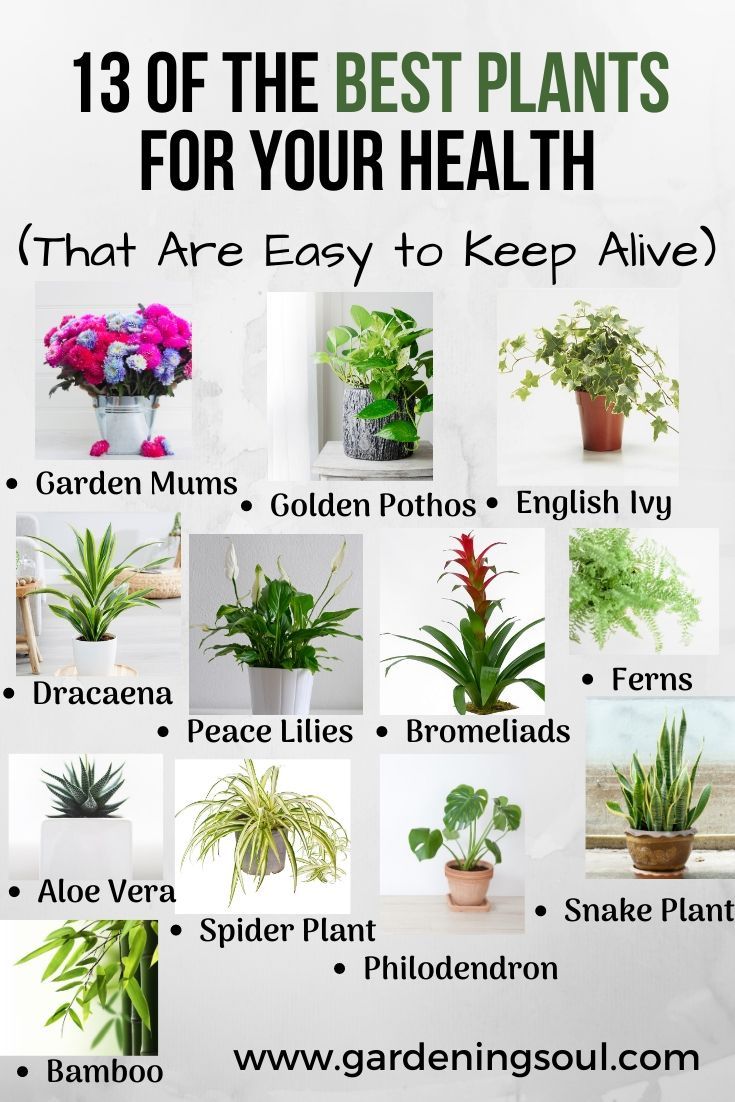
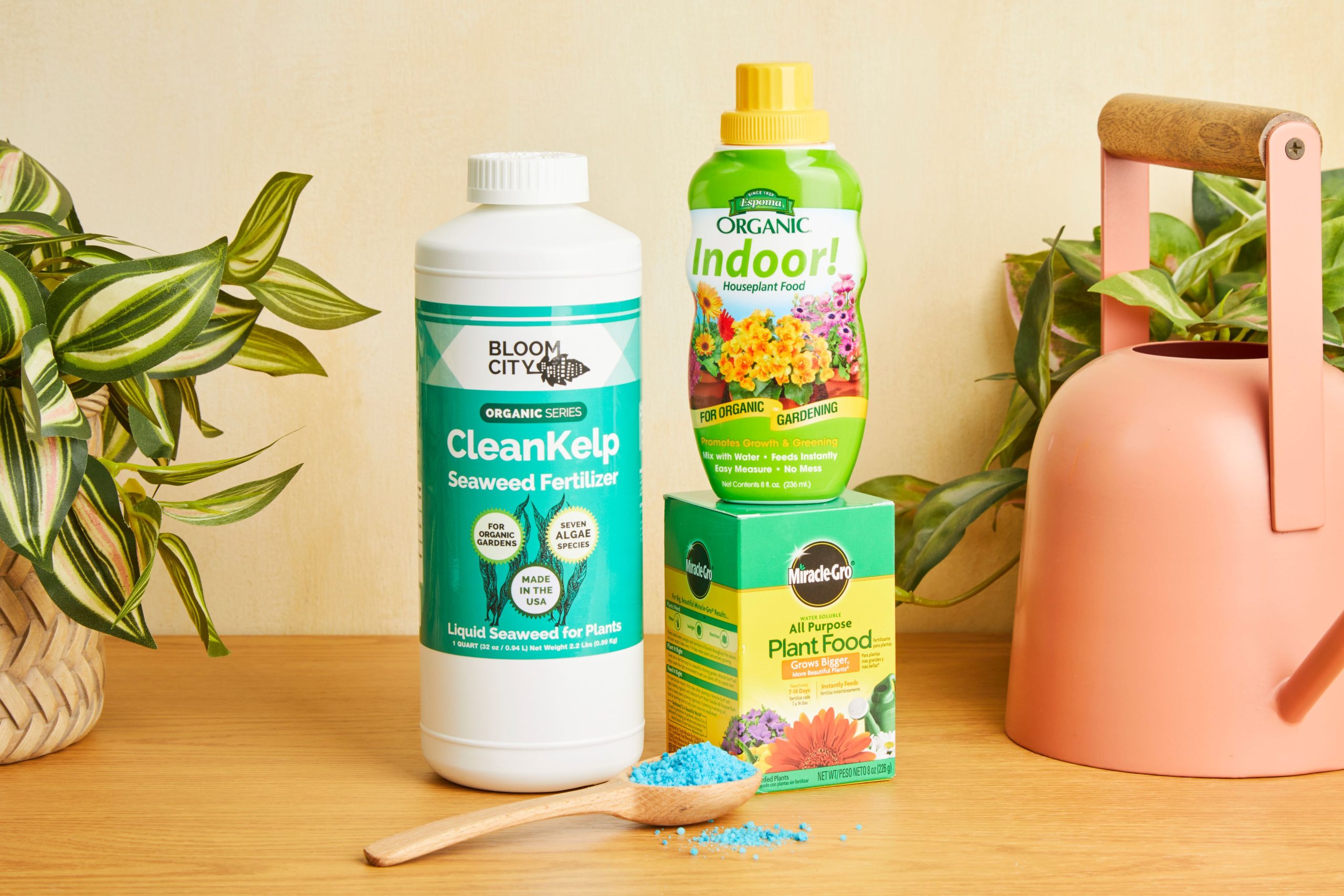
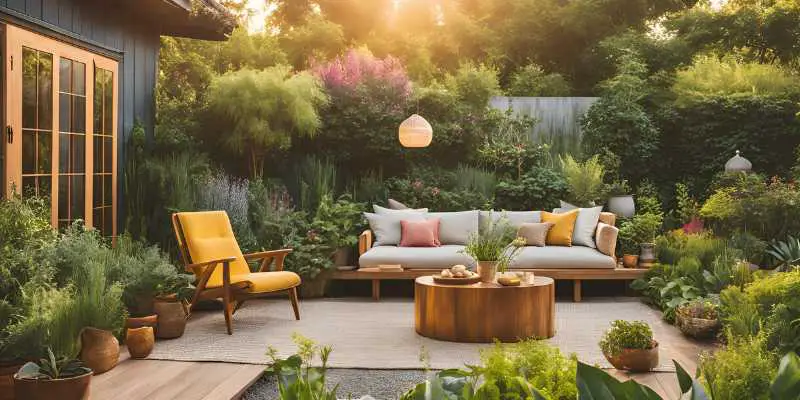
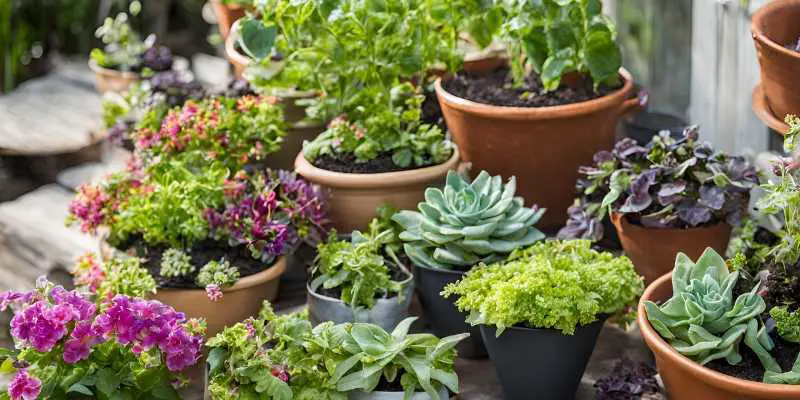
Leave a Reply